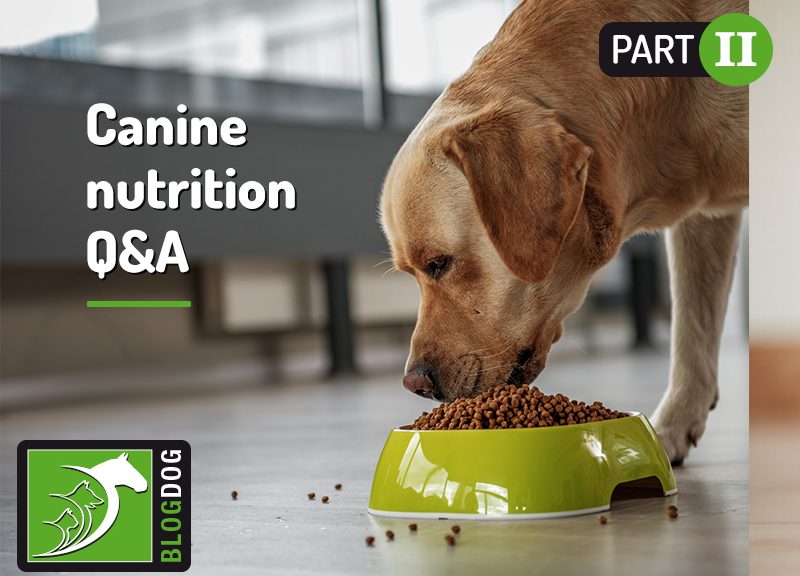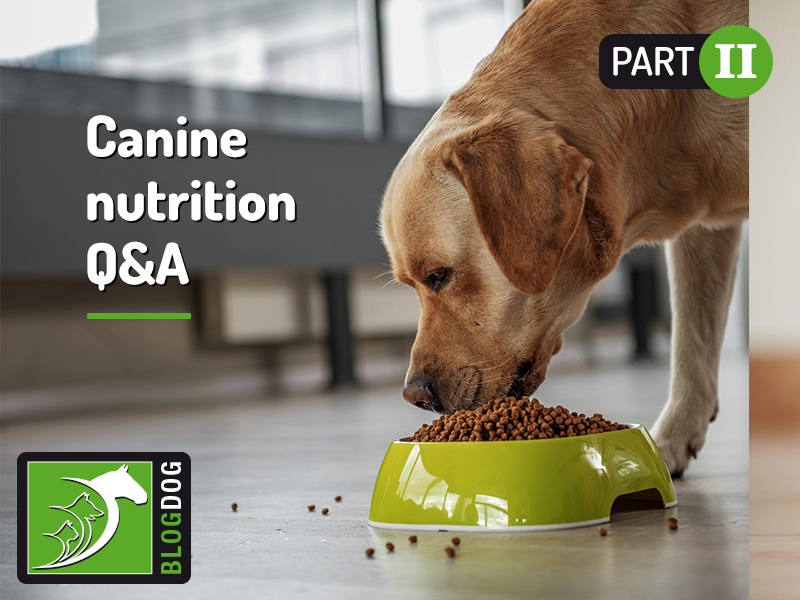In part I, we focussed mainly on the importance of a balanced diet from a preventative perspective, as a way of keeping your pet healthy, but did you know that nutrition can also play a therapeutic role?
#4: My dog is overweight. Should I change his diet?
The most common cause for excess weight and obesity is excessive consumption of calories due to overfeeding. Many times, this happens without us noticing they we are overfeeding our pets, as it’s easy for us to give in to their ‘puppy eyes’ when we have our own meals. This is why it’s so important to establish a treat allowance – this way you can give in to your pet’s cravings without the risk of overfeeding.
If your pet is overweight, a calorie deficit will be needed for them to lose the extra kgs. This means subtracting some calories from their daily nutritional requirements, which translates to a gradual reduction in the daily amount of food they eat.
While some pets are unbothered with this reduction, others can become very unsettled and constantly beg for more food. In these cases, a specific diet for weight management may be recommended, as these are high in fibre and promote a feeling of fullness.
Please do remember that drastic changes to your pet’s diet can cause digestive problems or other health issues, so make sure to always consult with your vet so he/she can design a safe weight loss plan tailored to your pet’s needs and health status.
#5: Apart from quantity and type of food, is there anything else I can change in my pet’s feeding routine to help him lose weight?
Yes! Are you familiar with puzzle feeders? A puzzle feeder is an object where you place your pet’s food which they then have to manipulate in order to get it out. This type of feeder not only promotes mental stimulation but also slows down their food intake, which contributes to weight loss.
Puzzle feeders are also a great tool to help pets that have a voracious appetite, particularly large breed or deep-chested dogs, as they are prone to developing bloat. In these cases, dividing their food in multiple meals and ensuring a slower food intake is very important.
#6: When else should I change my dog’s diet?
There are a number of health conditions, from chronic kidney disease to pancreatitis, in which part of the treatment plan may involve a change to your pet’s nutrition.
However, other than medical reasons, and contrary to the variety that we’re used to enjoying ourselves, dogs’ benefit from consistency in their feeding routines, regarding what, how much and even where they’re eating.
If you have any other questions about how you should feed your pet, don’t hesitate to contact your vet for advice. Nutrition is a highly complex veterinary area and an essential part of responsible pet care!
Would you like to know more about dogs? Check our Canine Courses:
![]()
Canine courses

